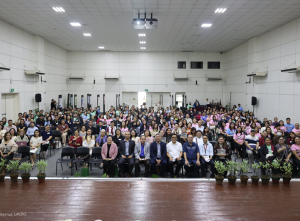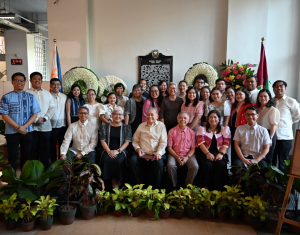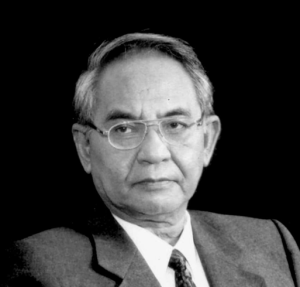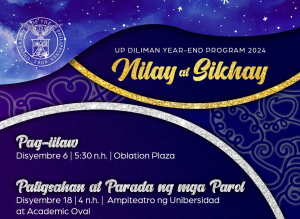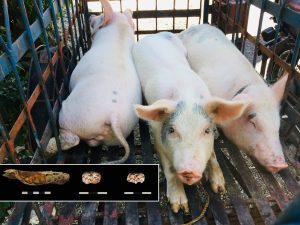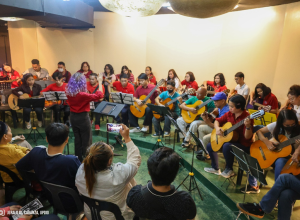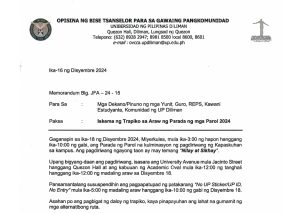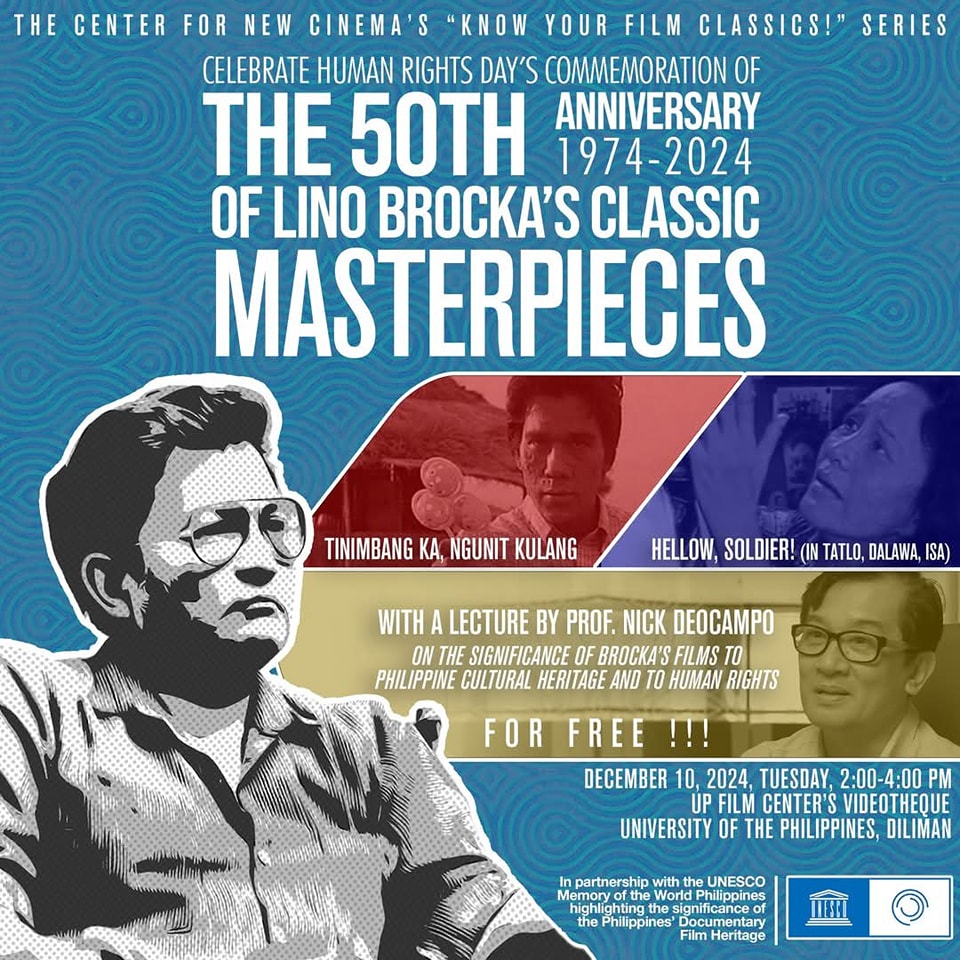The pig’s meaningful role in Pinoy culture
November 22, 2024
A study by a team of researchers from the UP Diliman (UPD) School of Archaeology (SA) revealed that a strong and meaningful link between the Filipinos and pigs exists throughout history (and prehistory).
The research This Little Piggy: Pig-Human Entanglement in the Philippines (This Little Piggy) by authors Joan Quincy Lingao, Juan Rofes, Michelle Eusebio, Grace Barretto-Tesoro, and Michael Herrera, explores the intricate relationship between pigs and humans in the Philippines, focusing on historical, cultural, and archaeological contexts.
A set of select pig specimens is one of a set of images featured in the research work. Image from This Little Piggy featured in the Springer Nature Link website
The research states that in the Philippines, the most produced and consumed meat comes from pigs. The authors have classified the pigs in the country into “wild,” “native,” and “exotic.”
The authors explained that the country’s different kinds of pigs “are distinguished according to the manner of acquisition—hunted or raised—and breed based on their physical appearance and genetics.”
“‘Wild pigs’ include the endemic pigs in the country which are usually hunted for consumption. ‘Native pigs’ are predominantly black pigs managed in rural areas and valued for their heat tolerance, resistance, meat quality, and sociocultural roles… introduced in the Philippines 4,000 years ago… ‘exotic pigs’ are of imported breeds, such as European, Asian, and American breeds… incorporated into the daily life, culture, and foodways in the Philippines,” the research states.
According to the researchers, they explored “evidence from archaeology, genetics, foodways, history, and ethnography.” They analyzed faunal remains from historical archaeological sites to understand pig utilization during the Spanish colonial era. Sites included the San Diego wreck site, Intendencia Ruins in Manila, and Structure B in Batangas.
“In the Philippines, pigs played a significant role in culture, agriculture, and cuisine for centuries. The genetic diversity of Philippine pigs reflects the rich history and influences of different populations that have inhabited the islands over time,” the research explains.
This Little Piggy states that “Philippine ethnographic records have pigs at the core of beliefs and rituals.”
“We argue that pigs in the Philippines, from the earliest evidence until the present, occupy a significant role in the social lives of its populations and that removing them from social practices leaves a significant social void. Furthermore, pigs as ritual animals mark key junctures throughout a person’s life from birth to death,” the authors state.
This Little Piggy concludes that “pigs are a key component of modern Philippine culture.”
The research also elaborated how pigs play a central role in various Filipino rituals and beliefs, marking significant life events from birth to death—they are not only treated as food sources but also as integral components of social practices and spiritual connections.

